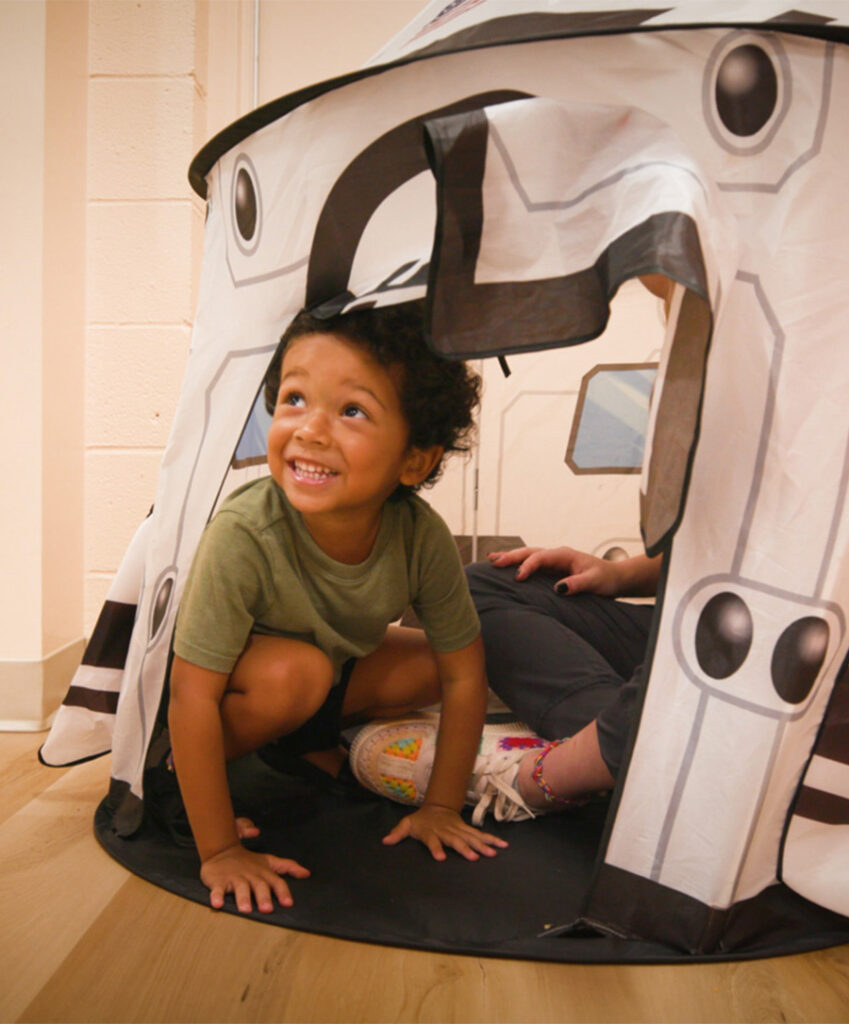When families begin the journey toward understanding a child’s unique developmental profile, a comprehensive autism assessment is one of the most important steps. These assessments help identify whether a child meets the criteria for autism spectrum disorder (ASD) and what level of support they may need.
One widely used tool during this process is the Autism Diagnostic Interview-Revised (ADI-R), a structured, in-depth interview conducted with caregivers to gain insight into a child’s history and behavior. Exploring the purpose of the ADI-R, how it works, and what families can expect during the process can help alleviate some of the stress and uncertainty that comes with a potential ASD diagnosis.
Whether you’re searching for a diagnostic evaluation for autism or wondering what kinds of interview questions might come up for parents of a child with autism, this overview can help you feel more prepared and confident.
What is the Autism Diagnostic Interview-Revised?
The ADI-R is a clinical tool used by psychologists and other qualified professionals during the autism diagnostic process. Developed by leading researchers in the field, the ADI-R provides a standardized way to collect detailed information about a child’s developmental history and current behaviors across three key areas:
- Communication and language
- Reciprocal social interaction
- Restricted, repetitive behaviors and interests
The interview is typically conducted with a parent or primary caregiver and can take 90-150 minutes to complete. While that may sound lengthy, this in-depth approach ensures that clinicians have a comprehensive understanding of the child’s early development and current behaviors.
How does the ADI-R work?
The ADI-R is not a test that children take themselves—instead, it’s a guided conversation between a trained clinician and the child’s caregiver. The goal is to gather reliable, detailed data on behaviors characteristic of autism, many of which may have appeared long before a formal diagnosis was considered.
The ADI-R questions are open-ended but structured, giving caregivers the chance to describe specific behaviors, patterns, or concerns. For instance, the clinician may ask whether the child engaged in pretend play as a toddler, responded to their name, or developed verbal communication on time. The clinician will then score these responses based on established diagnostic criteria.
Because it relies on caregiver insights, the ADI-R should be used in combination with other direct observation tools such as the Autism Diagnostic Observation Schedule, 2nd Edition (ADOS-2). When used together, these tools offer a well-rounded view of a child’s development and behavior.
ADI-R questions
Caregivers may feel nervous or unsure about how to prepare for the ADI-R, especially if they haven’t been through a similar process before. The best thing to know is that there are no right or wrong answers—the clinician is simply seeking to understand your child’s developmental history through your eyes. These questions help clinicians identify patterns that are consistent with ASD and rule out other developmental conditions that may present similarly.
Why is the ADI-R important in the diagnostic process?
Choosing the right tools for an autism diagnostic evaluation is essential to ensure that a diagnosis is accurate, appropriate, and individualized. The ADI-R stands out because it focuses on lifetime behaviors, not just how a child acts during a single observation session. This historical context helps clinicians differentiate between temporary developmental delays and symptoms of autism.
Another benefit is the consistency the ADI-R provides. Because it follows a structured format and uses evidence-based scoring, it can help reduce bias and ensure the diagnostic process is thorough. This is particularly important in early childhood or in cases where symptoms may be subtle or complicated by other developmental concerns.
Looking for an autism diagnostic assessment?
If you’ve searched “autism diagnostic assessment near me,” you’re already taking a vital step toward understanding and supporting your child. The ADI-R is one of several valuable tools used by professionals during the evaluation process, and knowing what to expect can help reduce anxiety for families.
At Children’s Specialized ABA, we offer comprehensive diagnostic evaluations that include tools like the ADI-R alongside other assessments and observations. Our clinicians take the time to understand each child’s developmental story and collaborate with families to create a plan of care that meets their needs.
Connect with us today to find out how Children’s Specialized ABA can help
If you’re wondering whether your child may benefit from an autism evaluation or you’re searching for professionals who use the ADI-R questionnaire as part of a trusted assessment model, we invite you to contact us.
Call 201.979.0772 today or reach out online to schedule your child’s diagnostic evaluation for autism. Our compassionate team is here to listen, support, and guide you through every step of the journey—because every child deserves the opportunity to thrive.






